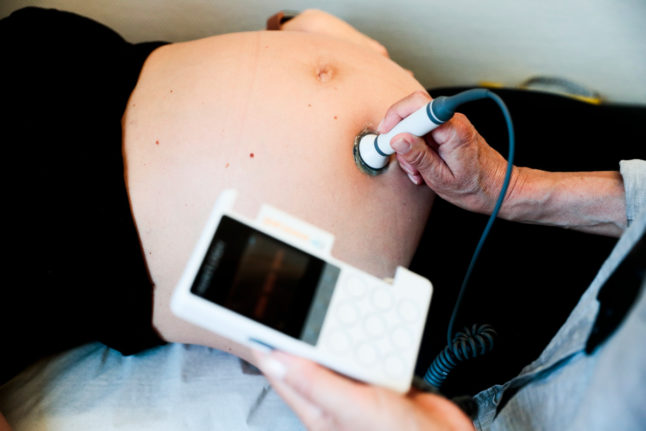In 2022, gonorrhoea cases rose by 48 percent, with 70,881 reported around the EU and EEA area, compared to a year earlier. Cases of syphilis rose by 34 percent to over 35,391, according to the European Centre for Disease Prevention and Control (ECDC).
Cases of chlamydia rose 16 percent, reaching 216,508 across the 27 countries covered by the agency.
“This surge is staggering, as it is troubling,” ECDC director Andrea Ammon told a press conference.
“These numbers, as big as they are, most likely only represent the tip of the iceberg because surveillance data may underestimate the true burden.”
Ammon explained this was due to differences in testing practises and access to sexual health across the different countries.
Ammon said the majority of cases reported were among “men who have sex with men,” but the agency also saw increases among women and heterosexual men.
The agency also warned that while chlamydia, gonorrhoea and syphilis, are treatable, they can lead to serious health complications if left untreated.
“These increases are a significant health concern and indicate an urgent need to strengthen prevention strategies and comprehensive health education,” Ammon said.
Ammon stressed that “testing, treatment and prevention” were key in order to meet the surge.
“Rising rates of STIs in Europe demand our immediate attention and concerted action. By prioritising testing, treatment and prevention efforts, we can turn the trend,” Ammon said.
The ECDC also warned that cases of lymphogranuloma venereum (LGV) and congenital syphilis — which is caused by transmission from mother to child during pregnancy — have also “substantially increased”.



 Please whitelist us to continue reading.
Please whitelist us to continue reading.
Member comments